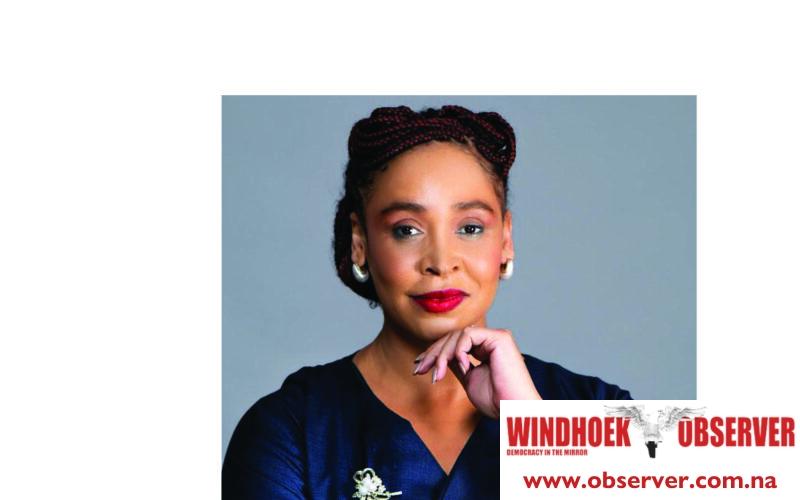Ashante Manetti
In Namibia, the workplace is changing but not like we might think. Apart from the performance appraisal level, team meetings, and productivity monitoring, an emerging crisis is financial stress. The 2024 Old Mutual Financial Services Monitor revealed that over half of working Namibians are feeling financially strained. It’s more than a statistic: it’s a silent struggle that affects how people arrive at work, how they treat their teams, and how they work.
Financial stress doesn’t have a work schedule when employees clock in. It goes to the office with them, to the meetings, and to the interactions. It’s the reason why a person will turn in late, avoid collaboration, or seem detached. It’s the root cause of the sighs, the silence, and the burnout. And it’s draining businesses more than they realise.
When employees are financially stressed, they’re more likely to have mental health challenges, call in sick, or quit for a different job. They may be present physically but mentally absent, which is called “presenteeism”. This causes lower productivity, reduced creativity, and strained working relationships. And yet, financial health is still viewed by many employers as a personal, rather than business, issue.
But what if we turned it around?
Imagine an office in which financial well-being is part of the employee experience. In which workers can use budget software, debt assistance, and savings plans. In which financial education is offered alongside health and wellness programmes. These aren’t “nice-to-haves”; they’re business-savvy moves.
Companies that invest in financial well-being see real payoffs: improved attitudes, better retention, and better performance. In Namibia, where wages have stalled and living expenses still rise, this kind of support is more than helpful; it’s a requirement.
Employers do not have to solve all the money problems. But they can create workplaces where workers are assisted, informed, and empowered. That might be by collaborating with banks to offer classes, organising emergency savings, or simply having money conversations without embarrassment.
Because when employees feel financially secure, they’re more productive, more committed, and more engaged. They come to work with their A-game. And that’s better for business, from the bottom line through to the boardroom.
When it’s costly to care, as it is in Namibia, the return on empathy is higher.
*Ashante Manetti is the foundation and retail business marketing manager at Old Mutual Namibia.




